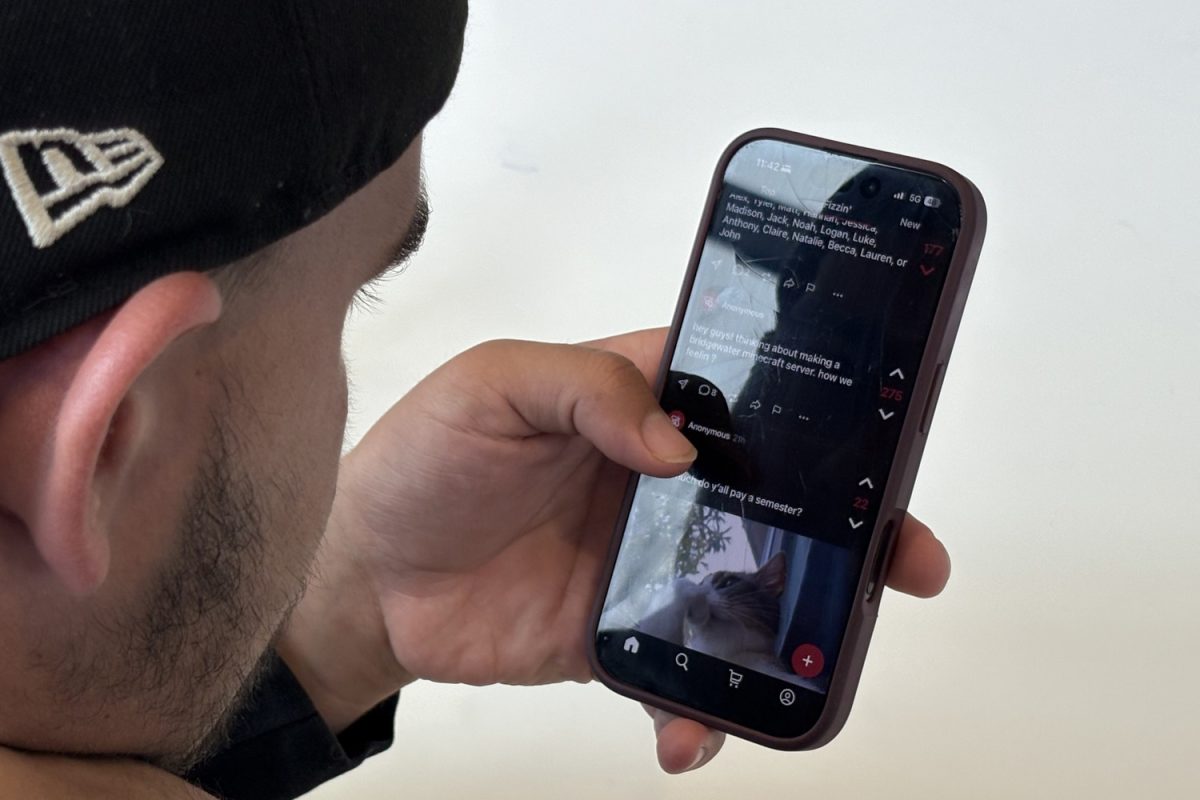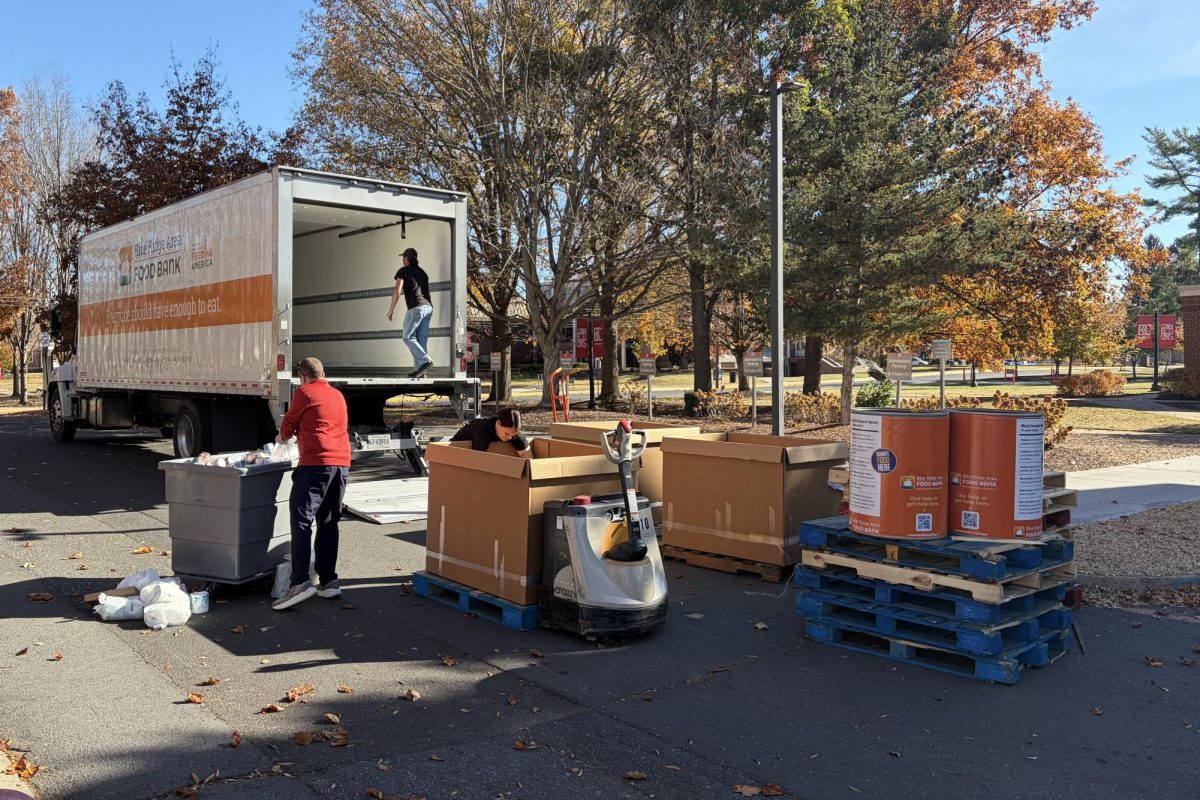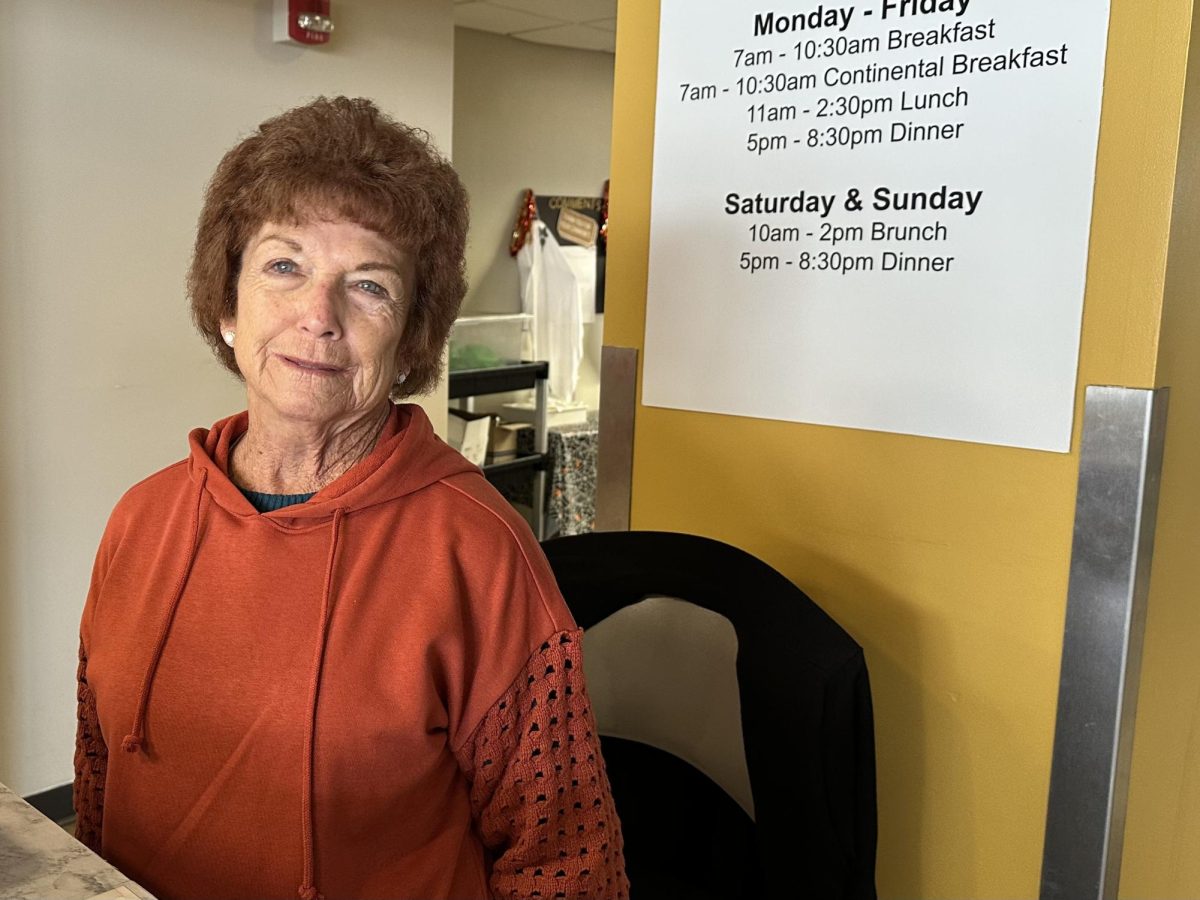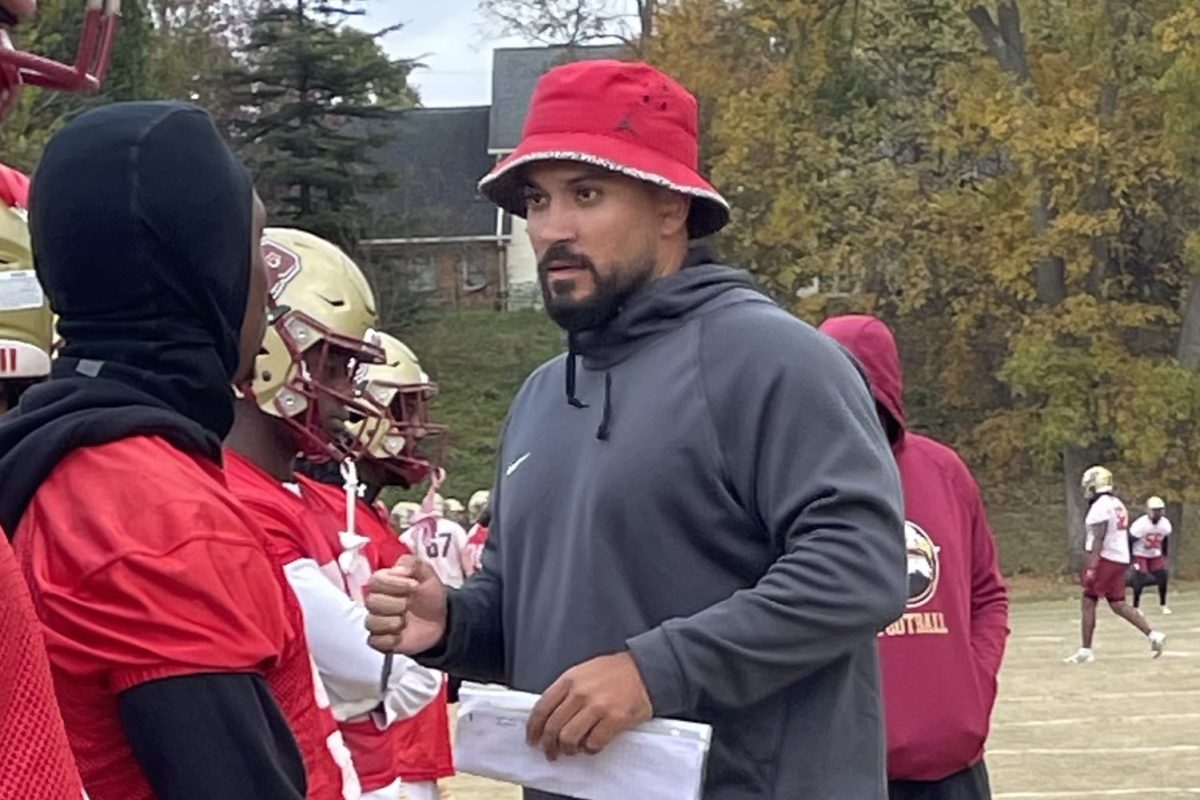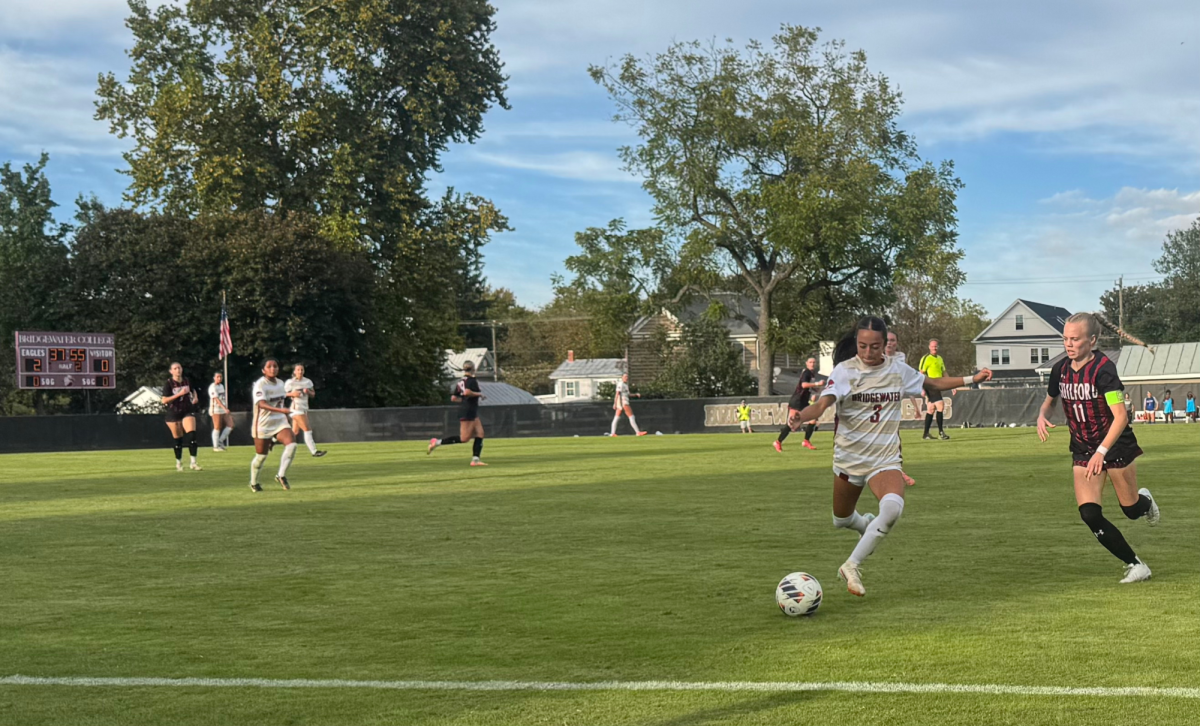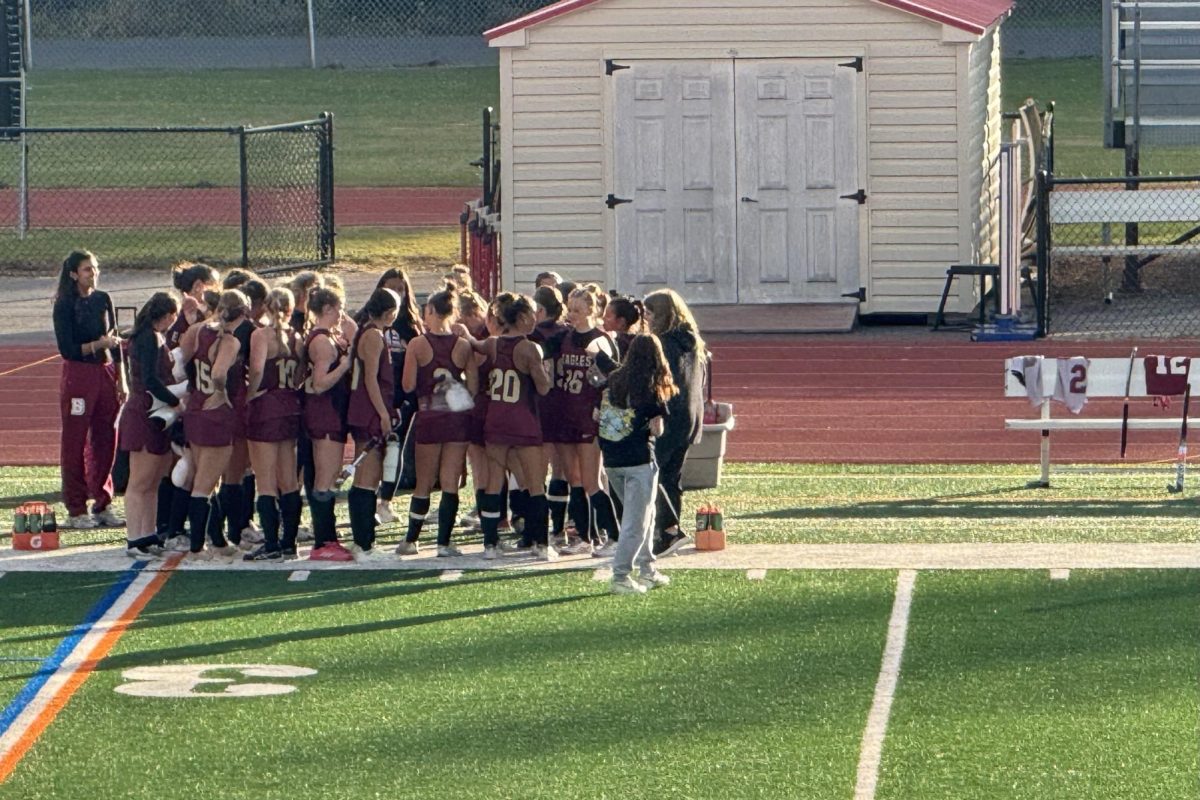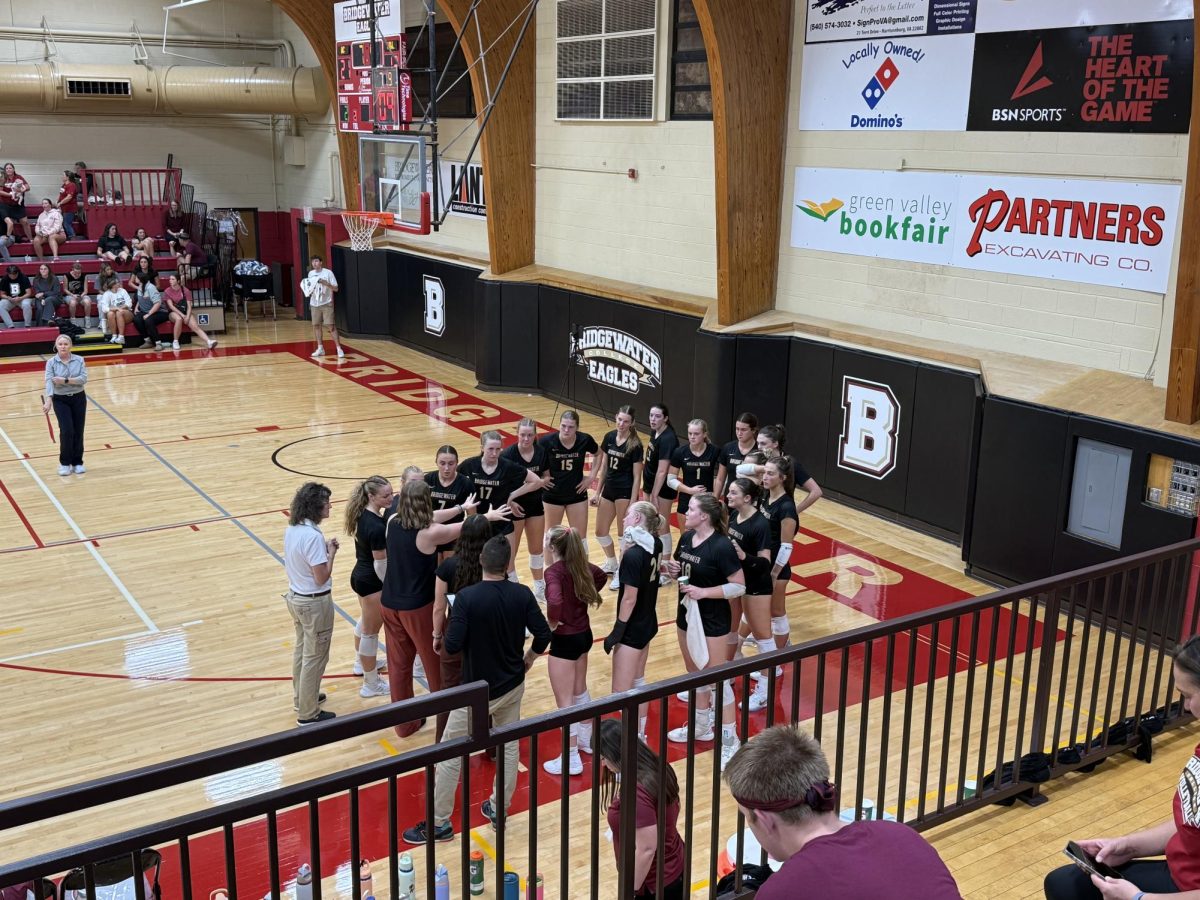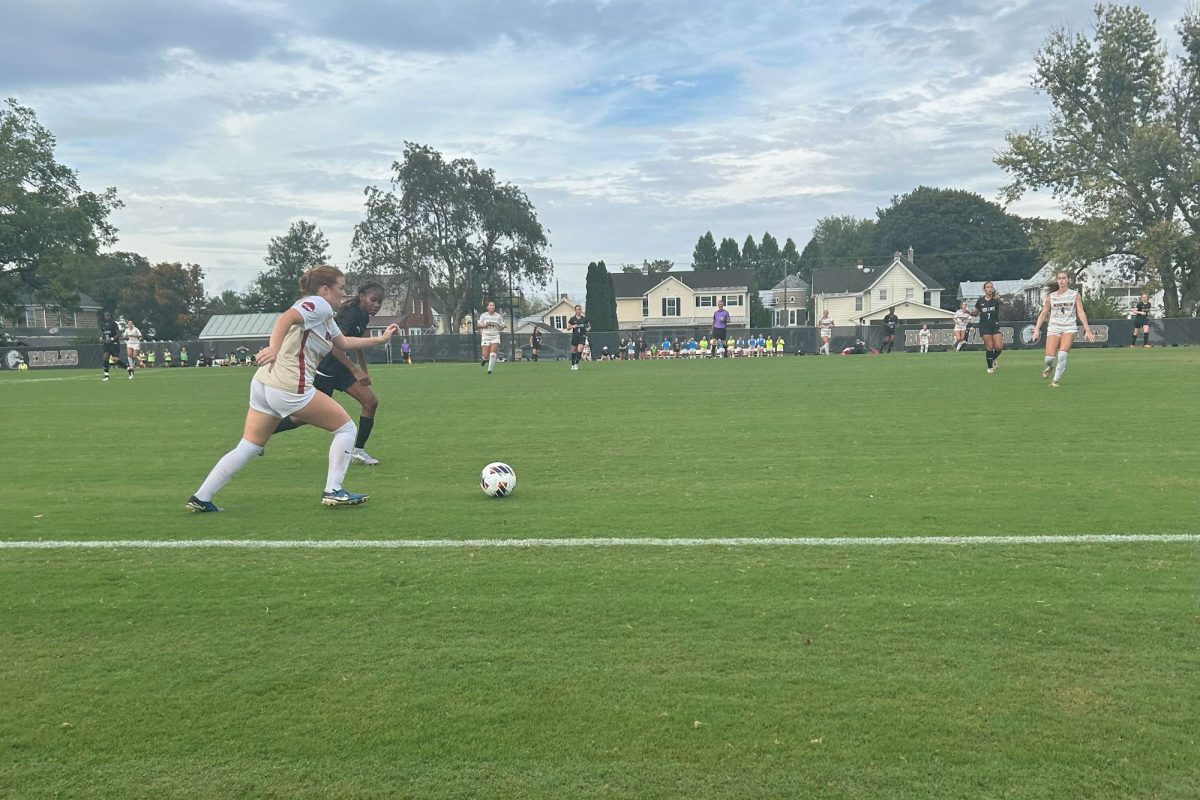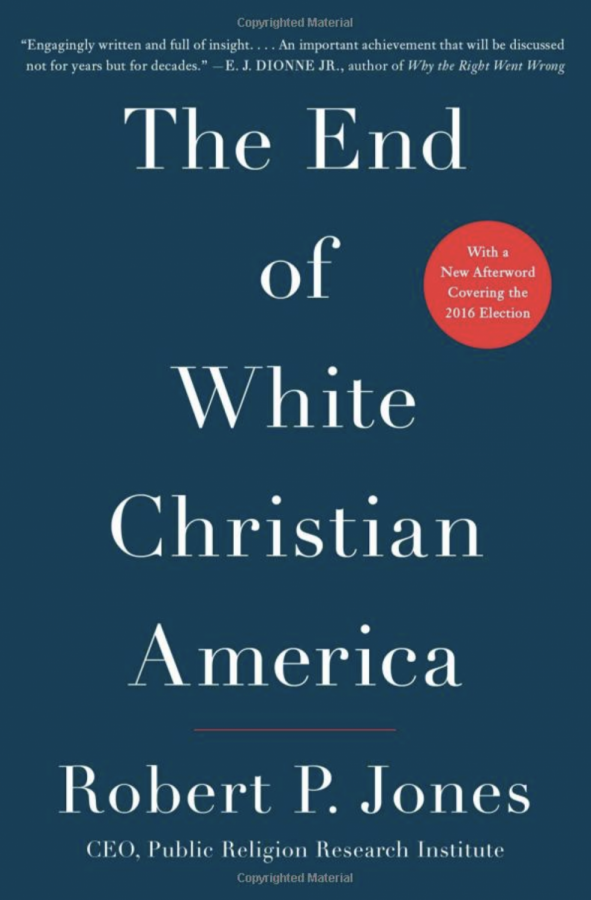Robert P. Jones Discusses How Religion in America is Changing
Scholar on Evolving Demographics of Religion
April 23, 2019
Bridgewater, VA.- “White Christian America has died after 243 years.” This is an excerpt from Robert P. Jones’ book, The End of White Christian America. On Thursday, March 14, Jones came to BC to educate students and community members about the demographics of religion in modern America. He showcased a series a graphs and data points. These demonstrated an unmistakable trend of increasing skepticism of religion in America, specifically doubt of the traditional Protestant views that the have made up the majority of Americans.
Jones is the founder and CEO of the Public Religion Research Institute (PRRI) and the author of The End of White Christian America. He is commonly featured on networks such as MSNBC, CNN and NPR to speak about religion and politics.
Jones began with an excerpt from his book, which both defined what he calls “White Christian America” and explained what is changing. Jones said White Christian America (WCA) provided a “shared aesthetic, historical framework, and moral vocabulary.”
WCA was built primarily by White Protestant Christians and has set the tone for our national conversations and shared American ideals. However, some began to question WCA when it became associated with racism or apathy about racism.
WCA’s participation in slavery led to increasing skepticism, especially from younger members. This thought framework has continued all the way up until modern day and the disenchantment has only been increased by WCA being at odds with the LGBT community.
Jones then provided some current statistics about the religious demographic in America, dubbing them the “vital signs” of WCA. Jones said 59 percent of Americans were White Christians in 2004 according to a General Social Survey, while this number has dwindled to 41 percent in 2018.
Conversely, in 2004, 32 percent of Americans favored same sex marriage, while this number has doubled to 64 percent in 2018.
Jones also discussed the “widening religion gap between political parties.” He said significantly more Republicans identify as Christians than Democrats and there are more Democrats who are religiously unaffiliated than Republicans who are religiously unaffiliated.
Jones then pointed out the danger of having a nation divided in two on the basis of religion, although admitting the U.S. only vaguely resembles that idea currently.
Ending with an excerpt from his book, Jones stated as the U.S. quickly changes in religious and demographic makeup, many people will “now have to take a seat at the table not as hosts, but as guests.”

